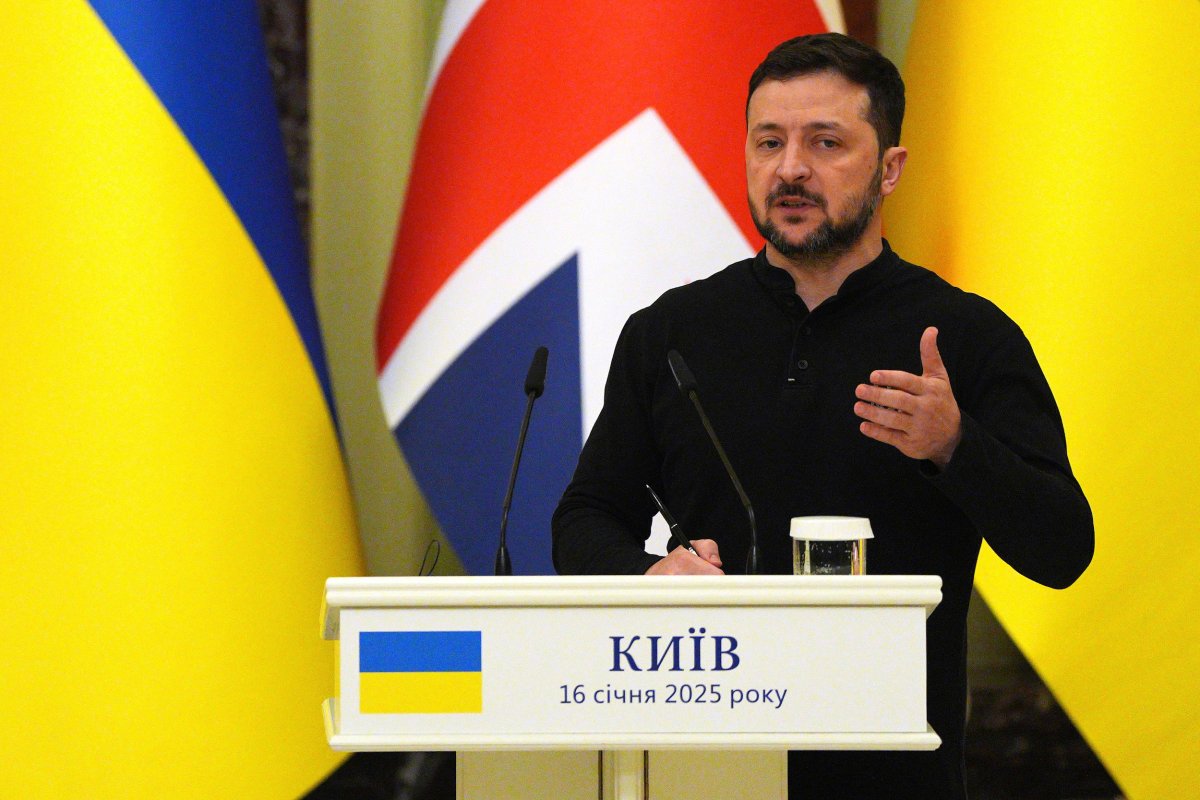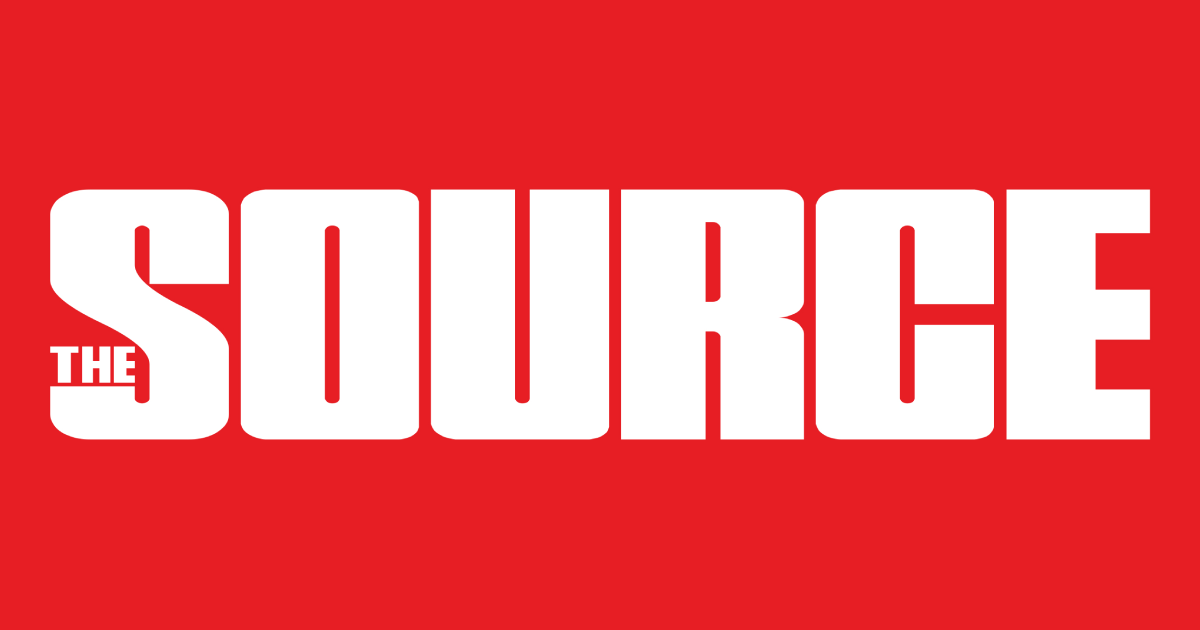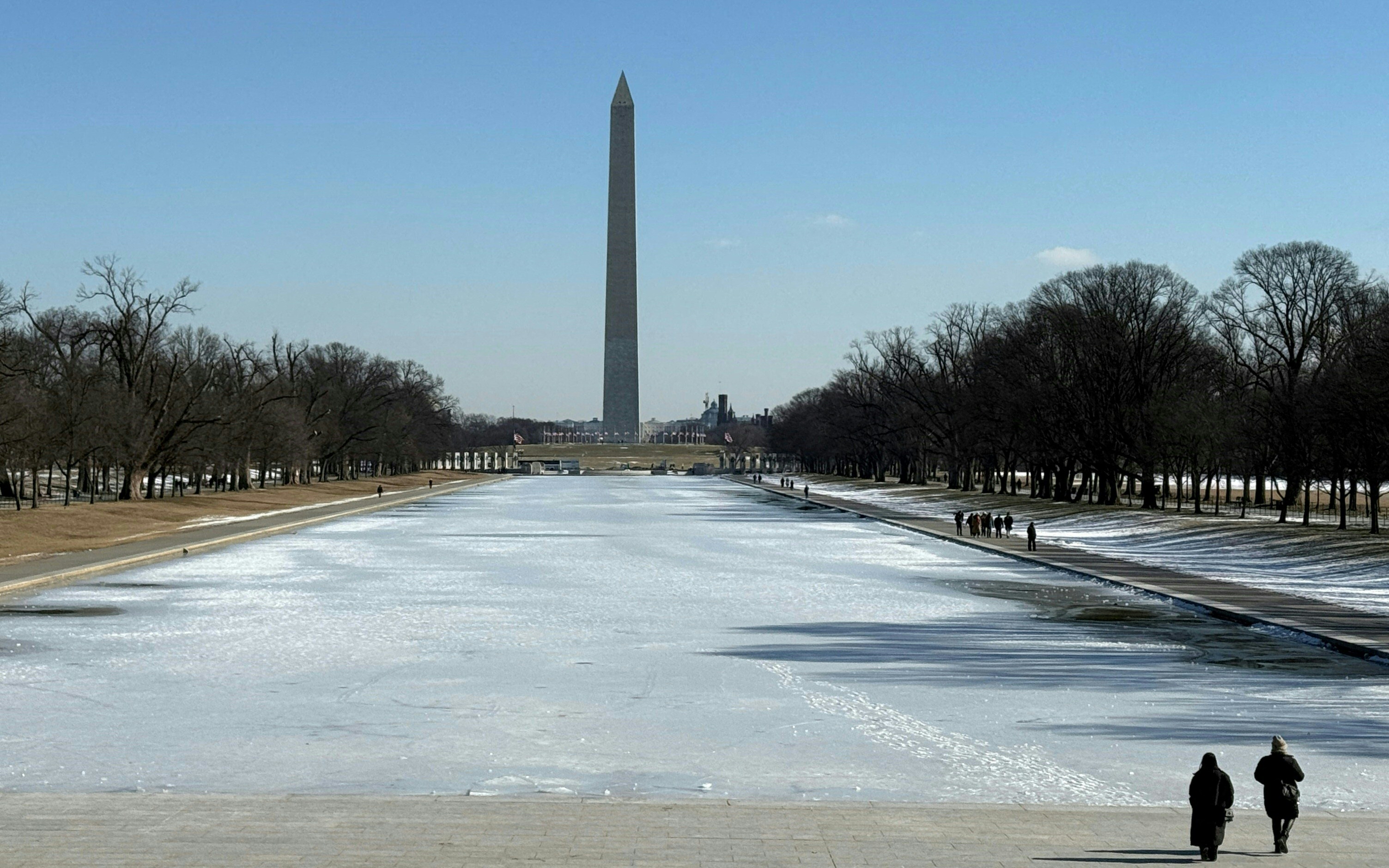With the overwhelming election of President Donald Trump to a second term, America welcomes an opportunity to reorient its foreign policy in a manner that prioritizes the security of the American homeland. The collapse in border sovereignty plus horrific recent attacks like the New Orleans massacre convince Americans that the meddling globalism of Joe Biden and the Washington foreign policy establishment has not served America's strategic or economic interests.
As part of this policy reckoning, President Trump promises to bring an end to the disastrous Russia-Ukraine war. This war of Russian aggression brought untold misery to both Russia and Ukraine, plus massive debt-financed expenditures from American taxpayers.
But now, with Trump back in office and the promise of negotiations renewed, a new chapter can unfold for both Washington and Kyiv. Ukrainian President Volodymyr Zelensky was supposed to submit to voters last year at the end of his five-year presidential term. He used the war to postpone elections. Of course, America has held elections during every war in its long democratic history, including during our own bloody Civil War, but nonetheless, most of the Western world excused this Zelensky postponement.
But now in 2025, as Trump takes office, a cessation of fighting in Ukraine seems imminent. Zelensky himself, who had previously displayed a maximalist approach to the conflict and made aggressive demands of the United States, is now pivoting hard in his own rhetoric. Immediately after the November triumph of Trump and the Republicans in U.S. elections, Zelensky conceded that "from our side, we must do everything so that this war ends next year, ends through diplomatic means."
Both Moscow and Kyiv are sending conciliatory signals acknowledging that Trump can broker this diplomatic peace. The details of such an agreement could prove vexing, of course. But any pause in fighting, whether a temporary ceasefire or a more lasting armistice treaty, must lead directly to the overdue elections inside Ukraine.
At that point, Zelensky becomes immediately politically vulnerable. Recent credible polling shows that his prior widespread popularity has been smashed as a war-weary public grows less trusting of his leadership and more suspicious regarding rampant corruption in Ukraine. In a large survey taken by the Kyiv International Institute of Sociology, 52 percent of Ukrainians say they "trust" Zelensky now, down from the 77 percent who trusted him in 2023. The percentage saying they "do not trust" Zelensky has almost doubled over that same time period. Not surprisingly, Zelensky's support is weakest in the eastern and southern parts of the country, where most of the warfighting has unfolded.

But the erosion of trust is about more than just the war—it's also about widespread, credible corruption allegations against Zelensky individually and his allies collectively, including the highly controversial Chief of Staff Andriy Yermak. Of course, Ukraine has endured a long and problematic scourge of high-level corruption, harkening back to the Soviet era and persisting into its independence.
For example, well before Zelensky's tenure, the Guardian branded Ukraine "the most corrupt nation in Europe" in 2015. But even for Ukrainians accustomed to a high level of systemic corruption, the abuses alleged against Zelensky and his cronies in the midst of this brutal war spark an understandable resentment.
In contrast with that perpetuation of corruption stands Zelensky's likely main rival for the presidency, General Valerii Zaluzhnyi. Zaluzhnyi rose to national prominence through his military leadership and prowess in the earliest days of the invasion. He surprised his countrymen and the world with his tactical brilliance and bravery in repelling what many experts believed would be a swift wholesale takeover of Ukraine by Putin's forces.
When he was relieved of his battlefield command, Zaluzhnyi enjoyed a stunning 92 percent approval rating among Ukrainians, before his deployment into the diplomatic realm as Ukraine's current ambassador to the United Kingdom and the Court of St. James. This lifelong warfighter commands respect both at home and in foreign capitals because of his military acumen, backed by a remarkable commitment to honest, selfless leadership.
Americans also tire of the outsized commitment to aiding the ongoing war in Ukraine. This trend is especially prominent among Republican voters. In a Pew survey taken just after Trump's November 5 election victory, only 19 percent of GOP voters identify the Russian invasion of Ukraine as a "major threat" to American interests, down from the 51 percent who did when the invasion first happened.
So, President Trump enters office for his second term with several significant, concurrent policy opportunities. He can reward the coalition of voters who swept him back into office and demand an America-first foreign policy of realism and restraint. He can achieve a historic peace and end the carnage of the current war in Ukraine. Finally, he can help usher in a new chapter for Ukraine—a post-Zelensky era that culminates in honest patriots managing that nation, rather than dishonest kleptocrats.
Steve Cortes is former senior advisor to President Trump and JD Vance, former commentator for Fox News and CNN, and president of the League of American Workers, a populist right pro-laborer advocacy group.
The views expressed in this article are the writer's own.




















 English (US) ·
English (US) ·